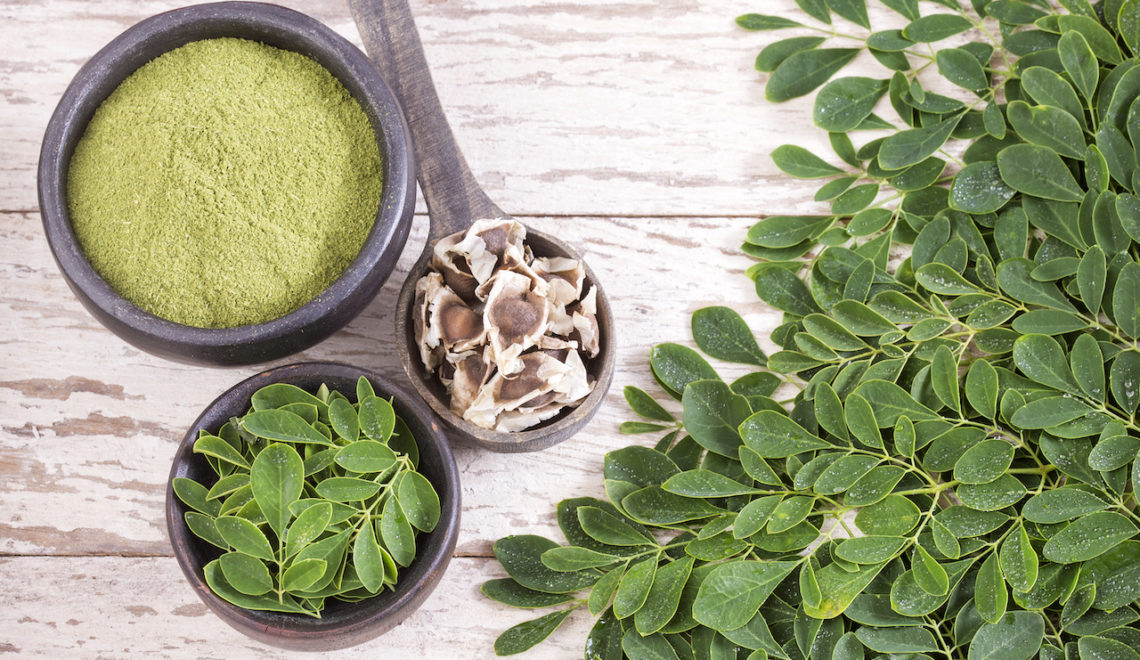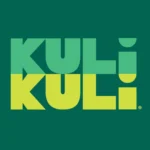
Original Article posted on agfundernews.com by Louisa Burwood-Taylor
Moringa is going mainstream. The super green that’s more nutritious than kale is now in more than 3% of US households as consumers are feeling benefits such as antiinflammation, sugar level regulation and even arthritis relief. In other cultures, moringa leaves have been a staple in medicine, known for their antioxidants and source of vitamins and minerals.
(Bringing prosperity to moringa farmers is a key mission for Kuli Kuli – find out more in our first ever post about Kuli Kuli back in 2014 here.)
Driving the US market for the plant is Kuli Kuli, a startup out of Oakland, California that was founded by Lisa Curtis, an ex-Peace Corps volunteer who discovered its benefits while in a small village in Niger. Experiencing fatigue living on mostly rice and millet as a vegetarian, women at the local community health center recommended moringa which she mixed with a popular peanut snack called kuli-kuli. After feeling a lot better, she then started promoting Moringa to the local villagers and later started working with them to sell a portion of each harvest to the US.

Kuli Kuli, which sells moringa-based products such as powders and snack bars, already accounts for over 50% of the US market, according to Nielsen. But that number is soon to grow as today Kuli Kuli is launching its products in 2,500 Walmart stores across the US. There are few stores more mainstream than Walmart!
So how did an unknown green leaf make its way into one of the US’s most mainstream retail outlets?
Continuous hustle, says Curtis, who had been speaking to a buyer at Walmart for some time over email, but that was back when Kuli Kuli was a small brand and moringa was a superfood no-one had ever heard of. Fast forward to April of this year, when one of Kuli Kuli’s investors referred the startup to exhibit at a food innovation fair, Curtis found the buyer there and went up to talk to him; “he somewhat remembered me,” remembers Curtis, “but then came over to our stand and he was impressed.”
Kuli Kuli was no longer a tiny brand with a couple of products; the company was now being sold in 7,000 stores in the US, including Whole Foods. And Curtis showed the buyer the data around the rapid growth in moringa sales; according to Datassential, it’s grown 300% in the past four years making it the fastest-growing green supplement.
Amazingly enough, the buyer was conducting a review at that time and invited Curtis to visit with him the next day and the rest is history!
Read Full Article On AgFundernews








